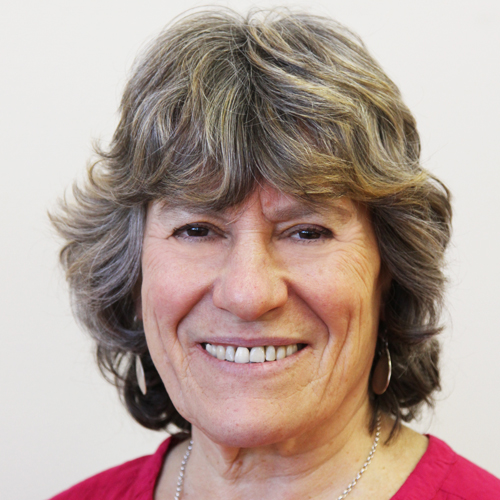
报告人:Jill Adler 教授
主持人:范良火 教授
时间:2019年3月30日星期六 上午 9:00- 10:00
地点:闵行校区数学楼401室
报告人简介:
 Jill Adler holds the SARChI Mathematics Education Chair at the University of the Witwatersrand, which focuses on research and development in secondary mathematics education, and is the 2017-2020 President of the International Commission on Mathematical Instruction (ICMI). Jill has spearheaded several large-scale teacher development projects, the most recent, within the Chair ambit, begun in 2009, is called the Wits Maths Connect Secondary project. This work builds on her research on teaching in multilingual classrooms, and teacher professional development. Jill is aVisiting Professor of Mathematics Education at King’s College London, UK. She is the recipient of numerous awards, the most significant of which are the 2012 Academy of Science of South Africa (ASSAf) Gold Medal for Science in the Service of Society, and the 2015 Freudenthal Award.
Jill Adler holds the SARChI Mathematics Education Chair at the University of the Witwatersrand, which focuses on research and development in secondary mathematics education, and is the 2017-2020 President of the International Commission on Mathematical Instruction (ICMI). Jill has spearheaded several large-scale teacher development projects, the most recent, within the Chair ambit, begun in 2009, is called the Wits Maths Connect Secondary project. This work builds on her research on teaching in multilingual classrooms, and teacher professional development. Jill is aVisiting Professor of Mathematics Education at King’s College London, UK. She is the recipient of numerous awards, the most significant of which are the 2012 Academy of Science of South Africa (ASSAf) Gold Medal for Science in the Service of Society, and the 2015 Freudenthal Award.
Jill Adler教授,国际著名数学教育家,现任国际数学教育委员会(ICMI)主席(2017-2020年),南非威特沃特斯兰德大学SARChI数学教育讲座教授,专注于中学数学教育的研究和发展。Alder教授曾主持过多个大型教师发展项目,最近的是从2009年开始主持的Wits Maths Connect Secondary项目,该项工作以她对多语教学课堂和教师专业发展的研究为基础。Alder教授也是英国伦敦国王学院数学教育客座教授。她获得了众多奖项,其中最有影响力的奖项是2012年获得的南非科学院(ASSAf)社会服务科学金奖和2015年获得的弗赖登塔尔奖。
报告摘要:
In this presentation I will describe key aspects of the WMCS – a research linked mathematics professional development project working with mathematics teachers in secondary schools in historically disadvantaged communities in South Africa. The first five years of the project (2010-2014) focused on ten schools and their mathematics teachers in one district in the Gauteng Province. We piloted and then consolidated a year-long Mathematics for Teaching course (called TM1) geared specifically for junior secondary teachers (Grades 8 & 9), together with a model of what I will call South African Lesson Study, and a Mathematics Teaching Framework that steers our research and development work. A key aspect of the framework is the notion of variation, particularly with respect to example sets in and across lessons. In the second phase of the project (2015 – 2019), focus has been on the TM1 course for larger numbers of teachers drawn from six districts and a large number of schools, and quantitative and qualitative studies of the impact of the project at the level of teachers and their learners. The PD model, teaching framework, and research results are grounded and innovative offering insight into Mathematics for Teaching particularly for mathematically under-prepared teachers, and for studying the impact of a course for teachers on their learners' learning.